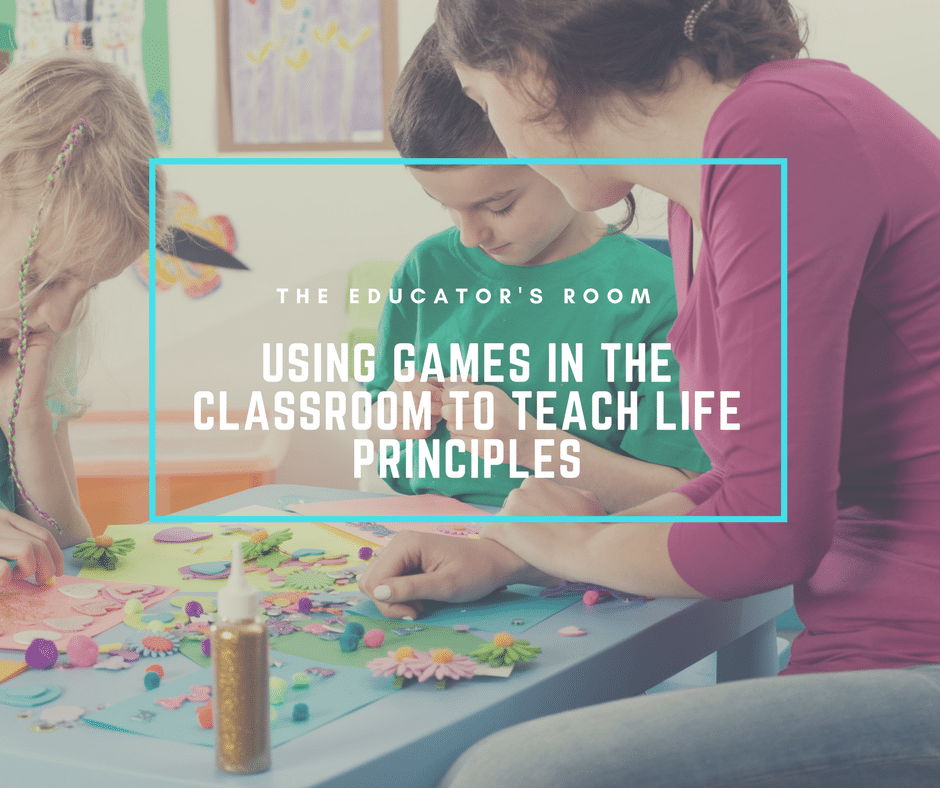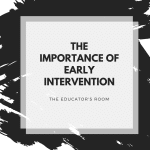We are experiencing a lot of spring thunderstorms here in Oklahoma, which means inside recess. Oh my. Those two words used to swirl me into a completely bad mood, knowing that the kids would want to get caught up in some digital device, which I can’t stand. Or worse yet, would complain that they were bored and there was nothing to do. We only use our iPads and laptops for research or other school-related searches and I don’t make them available at any other time, knowing that each one of my kids get plenty, if not too much, screen time when they are with their adults. So how about those ‘analog’ games instead?
This year I anticipated this escalating behavior from the previous years and was ready to avoid the battle. At the beginning of the school year with my second graders, I pulled out all of the ‘old-fashioned’ board games I had on hand, then purchased several more and taught the kids how to play each one. By the time Christmas rolled around, they were chess and checker-playing, Sorry-wielding, Go Fish-dealing and Yahtzee-rolling fiends, just to name a few. We have kept up introducing new games as the year has progressed and they love these games. As I watch them play, I’m constantly reminded of the skills they are honing, even if the actual games aren’t that all academic related. And those skills? Well, those are life principles, folks.
We have a generation of impatient, selfish, instant-gratification, non-problem solving kids who have a lot of difficulty actually communicating with their peers, let alone entertaining themselves. I know that sounds harsh, but for the most part it is true. What with large classroom sizes, lack of funding, testing emphasis, tired teachers and many teachers who do not understand the need for these skills to be practiced on an ongoing basis in the classroom, kids don’t get the experiences needed to work on these skills, which need to be practiced and exercised throughout all the years they are in school.
As we teach ‘book’ material, we need to remember that a lot of skills such as basic manners, sportsmanship, patience, kindness and turn taking are simply not being taught in every home. And since we have these kids for seven hours or more each school day we are next in line to teach these skills, whether we want to be in that position or not. We are becoming more and more responsible for being the primary source for molding well-rounded kids, who turn into adults.
[bctt tweet=”skills such as basic manners, sportsmanship, patience, kindness and turn taking matter” username=”EducatorsRoom”]
My kids know that if we have indoor recess, they need to either choose a game to play with a friend or find something constructive to do independently. They also know that I expect them to be creative and use their ‘imaginations’ on an ongoing basis, and that the words ‘I’m bored’ should never be uttered. And you know what? When those expectations are presented to them, they rise, usually above and beyond what I could ever hope for.
What types of activities do you use for indoor recess?







